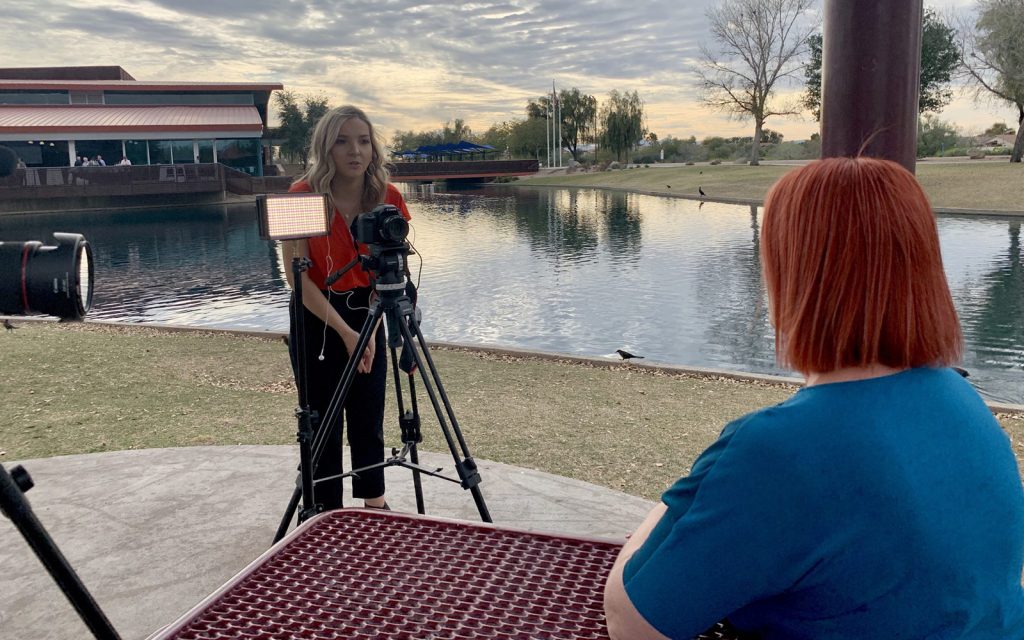Despite sharp national increases in the numbers of youths dying by suicide, newsrooms have often been reluctant to pursue in-depth coverage due to concerns of contagion, a phenomenon in which media reporting can exacerbate existing trends. Left unexamined, however, the crisis can also fester and grow. And over the years, it has. In 2019, the Centers for Disease Control and Prevention reported that youth suicide rates had swelled by 56% between 2007 and 2017, making it the second leading cause of death for those aged 10 to 24, just behind accidents such as car crashes. In Arizona, the situation is considerably worse; the rate of suicide among adolescents consistently and significantly higher than the national average. In 2019, for instance, Arizonans aged 15-19 were more than 21% more likely to die by suicide than the average American within the same age group. To matters worse, long-term isolation and financial insecurity associated with the COVID-19 pandemic may contribute to even greater suicide risk, adding to what prevention experts fear could be a perfect storm.
But there are solutions and resources offering hope.
If you or someone you know is experiencing suicidal thoughts, help is available. In Arizona, call or text 602-248-8336 (TEEN).
You can also call the National Suicide Prevention Lifeline at 1-800-273-TALK (8255) or Crisis Response Network at 602-222-9444 or 2-1-1 to connect with a crisis counseling provider.
ASU Counseling Services
- Downtown Phoenix: 602-496-1155
- Polytechnic: 480-727-1255
- Tempe: 480-965-6146
- West: 602-543-8125
American Foundation for Suicide Prevention
AHCCCS Suicide and Crisis Hotlines
- Mercy Care: Maricopa County:
1-800-631-1314 or 602-222-9444
- Complete Care Plan: Cochise, Graham, Greenlee, La Paz, Pima, Pinal, Santa Cruz and Yuma counties:
1-866-495-6735
- Health Choice Arizona: Apache, Coconino, Gila, Mohave, Navajo and Yavapai counties:
1-877-756-4090
- Gila River and Ak-Chin Native American communities:
1-800-259-3449
- Salt River Pima Maricopa Indian Community:
1-855-331-6432
Trans Lifeline
- Trans Lifeline is a nonprofit focused on the trans community: 877-565-8860
Veterans Affairs
- Veterans are advised to contact their local VA.
- Military Crisis Line: 1-800-273-8255 and press 1
- Chat online: Helpline
- Text: 838255
- Support for deaf and hard of hearing: 1-800-799-4889
